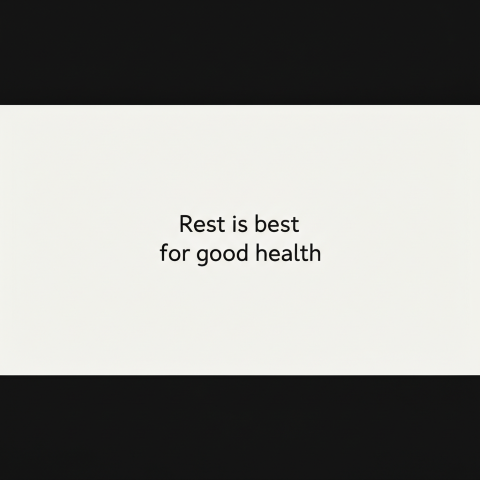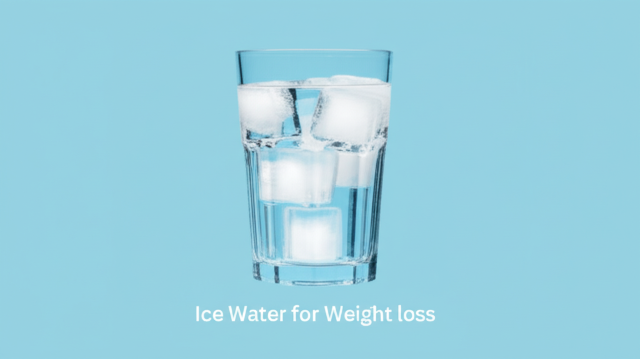
Credit Cards and Hidden Charges: A Comprehensive Guide
Credit cards offer convenience and financial flexibility, but they also come with a potential for unexpected costs. Understanding these "hidden charges" is crucial to avoiding unnecessary expenses and managing your finances effectively. This guide will break down common credit card fees and strategies to minimize or avoid them.
Common Hidden Charges
Many credit card fees aren't immediately obvious. They can be buried in the fine print of your cardholder agreement, making it easy to overlook them. Here are some of the most common hidden charges to watch out for:
1. Annual Fees
Some credit cards charge an annual fee for the privilege of having the card. This fee can range from a modest amount to several hundred dollars, depending on the card's benefits and rewards program. While some premium cards justify the annual fee with extensive travel benefits or other perks, it's essential to weigh the benefits against the cost before applying.
2. Balance Transfer Fees
If you transfer a balance from another credit card to a new one, you might incur a balance transfer fee. This fee is typically a percentage of the transferred balance (e.g., 3-5%). While balance transfers can be a useful tool for consolidating debt and potentially securing a lower interest rate, the transfer fee can eat into any savings you achieve.
3. Cash Advance Fees
Withdrawing cash from an ATM using your credit card is considered a cash advance. Cash advances usually come with significantly higher interest rates than regular purchases and often involve a hefty transaction fee (e.g., 3-5% of the amount withdrawn plus a fixed fee). Avoid cash advances whenever possible, as they can quickly lead to a spiraling debt situation.
4. Foreign Transaction Fees
Using your credit card for purchases in a foreign currency can result in foreign transaction fees. These fees are typically a percentage of the transaction amount (e.g., 1-3%). If you travel internationally frequently, consider a credit card that waives foreign transaction fees to save money.
5. Late Payment Fees
Missing your credit card payment by even a day can trigger a late payment fee. These fees can vary significantly between issuers but can be substantial, ranging from $25 to $40 or more. Consistent on-time payments are crucial for avoiding these fees and maintaining a good credit score.
6. Over-the-Limit Fees
If your spending exceeds your credit limit, you'll likely incur an over-the-limit fee. These fees can be surprisingly high, adding to your debt burden. Careful budget management and tracking your spending are essential to avoid exceeding your credit limit.
7. Returned Payment Fees
If a payment is returned due to insufficient funds in your account, you'll typically face a returned payment fee. This fee, like late payment fees, can be substantial and negatively impact your credit report.
8. Interest Charges
While not strictly "hidden," the interest charges on credit card balances can be significant and easily overlooked if you don't pay your balance in full each month. High interest rates can quickly accrue, making it difficult to pay off your debt. Understanding your credit card's APR (Annual Percentage Rate) is critical for effective debt management.
9. Membership Fees (for Reward Programs)
Some reward programs associated with certain credit cards may have their own membership fees. These fees can add up, especially if you have multiple reward cards. Before signing up, ensure the benefits outweigh the cost.
Minimizing Hidden Charges
Here are some effective strategies to avoid or minimize the impact of hidden credit card charges:
1. Read the Fine Print
Before applying for a credit card, carefully read the terms and conditions, paying particular attention to any fees and charges. Don't hesitate to ask questions if anything is unclear.
2. Choose Cards Wisely
Select credit cards that align with your spending habits and financial goals. If you travel frequently, opt for a card with no foreign transaction fees. If you're aiming to build credit, choose a card with a low annual fee or no annual fee at all.
3. Pay on Time
Always pay your credit card bill in full and on time each month. This is the single most effective way to avoid late payment fees and interest charges.
4. Track Your Spending
Monitor your credit card spending regularly to avoid exceeding your credit limit and incurring over-the-limit fees. Use budgeting apps or spreadsheets to track your expenses.
5. Set up Automatic Payments
Automate your credit card payments to ensure you never miss a due date. This helps prevent late payment fees and improves your credit score.
6. Avoid Cash Advances
Resist the temptation to use your credit card for cash advances, as the high fees and interest rates can quickly lead to debt.
7. Negotiate Fees
If you've incurred a fee due to an unforeseen circumstance (e.g., a late payment due to a genuine hardship), contact your credit card issuer and politely request a fee waiver. They may be willing to accommodate you, especially if you have a good payment history.
8. Understand Your APR
Know your credit card's APR and how it impacts your monthly payments. A higher APR will mean more interest charges over time. Paying down your balance as quickly as possible is key to minimizing interest costs.
9. Compare Credit Card Offers
Don't settle for the first credit card offer you receive. Compare offers from different issuers to find the card with the most favorable terms and fees, ensuring it fits your needs.
Conclusion
Credit cards can be valuable financial tools, but only when used responsibly. Understanding hidden charges and employing strategies to avoid them are essential for maximizing the benefits of credit cards while minimizing potential financial risks. By being informed and proactive, you can ensure that your credit card remains a tool for financial empowerment rather than a source of unforeseen expenses.

